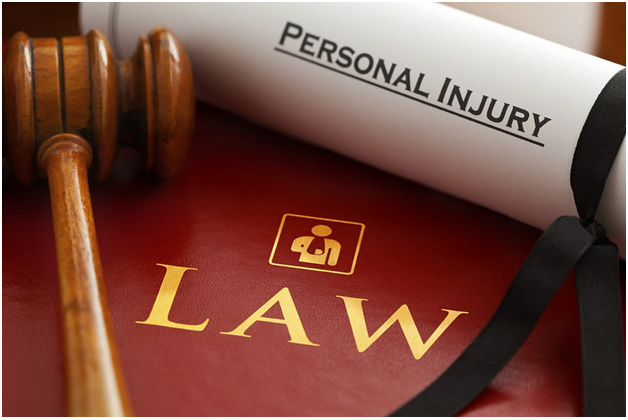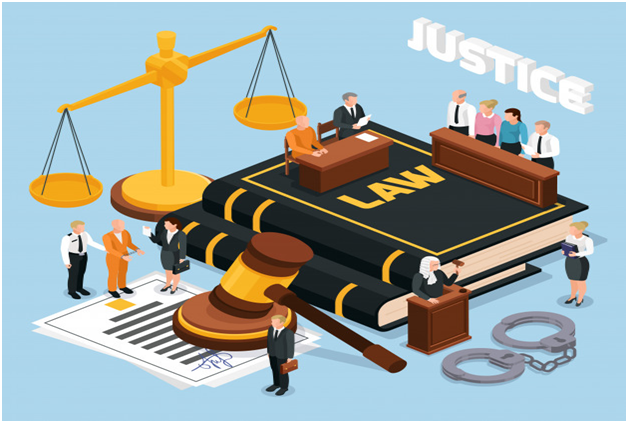Personal injury lawyers seldom get paid by the hour. Instead, they charge a contingency fee. What that means is the legal professional’s fee is taken from the settlement a client receives. If the lawyer is unable to obtain money on behalf of the client or loses the case, no payment for services is required.
The Contingency Fee’s Effect on a Settlement
The idea of paying an attorney’s fees has a role in deciding to seek legal help, especially in hard economic times. A victim who sustains serious personal injury needs high-quality legal help and deserves fair compensation, even if someone has trouble making ends meet.
With a contingent fee contract, the lawyer agrees to represent a client for a percentage of the financial recovery. The lawyer’s fee is contingent on how much money is awarded in a case. A typical rate that attorneys charge is 33 1/3 percent, 1/3 of the amount, obtained in the settlement or granted by the court.
The rate can range from 25 to 75 percent, depending on the circumstances. Factors that influence the percentage are
- A lawyer’s experience
- The laws of the state
- If the case goes to trial
- The complexity of the case
When a client and attorney agree upon a percentage, a written agreement is signed by both the lawyer and client. The attorney provides the client with a copy of the agreement that includes the agreed-upon rate. The contract itemizes expenses, fees, and costs deducted from a successful settlement or verdict. It is essentially the attorney’s invoice for time and labor.
Why Personal Injury Claims May Cost More
In most cases, personal injury lawyers pay all expenses and costs necessary to handle a case and deduct them from the verdict amount or settlement. While 33 1/3 percent is standard, certain situations alter the amount some lawyers require for their services. Typical costs associated with such claims include:
- Expert witness fees
- Filing and postage
- Investigator fees
- Medical records fees
- Police reports
- Trial depositions and exhibits fees
If the attorney covered expenses and costs necessary to pursue a claim, the final rate could be between 45 and 60 percent. Cases are more costly when settlements are made after a case goes to trial. The longer it takes to settle, the more expenses occur.
The Most A Lawyer Should Take
An attorney’s percentage is often negotiated. In depends on the time a claim takes to settle, its complexity, and the expense and costs associated with a claim. In Florida, the state Supreme Court determines how contingency fees for personal injury cases work.
It is a complex statute, and the percentage of contingency varies. Whether a defendant answers a lawsuit complaint before or after filing has a bearing on the rate. Answering a personal injury lawsuit complaint before the filing has a 33 1/3 percent cap on the settlement up to a million dollars.
For settlements over a million dollars, the cap is reduced incrementally by ten percent. Defendants have a 20-day window to answer a complaint. The cap changes if a defendant does not respond within the 20-day window. The plaintiff’s lawyer can accept 40 percent up to a million dollars. For judgments or settlements over a million dollars, the percentage is reduced in increments set by the Florida Supreme Court.
Unlike states that the customary contingency fee is as much as 40 to 45 percent, the cap on New Jersey contingency fees is 33 1/3 percent of the net recovered if adults are injured, and 25 percent of the net recovered when minors are injured.
As an example, a lawyer spends $6000 on expenses to recover $60,000 for an adult that is injured. The net recovery is $54,000. The lawyer receives one-third of that amount, or $18,000. If the case involved a minor, the lawyer’s fee would be $13,500.
In a successful personal injury case, the lawyer takes legal costs on fees out of the settlement. The value of any medical liens against a client is also paid. The remaining money is the client’s to be used to pay injury-related debts, remaining hospital bills, and more.
Get Legal Advice
If you have suffered a wrongful death of a member of your family or a serious personal injury, contact Aronberg Aronberg & Green. They are top personal injury attorneys. Your case is reviewed at no cost. There is nothing is lost and there is much to gain from talking to them. Aronberg Aronberg & Green want to assure those who need legal help get it.

